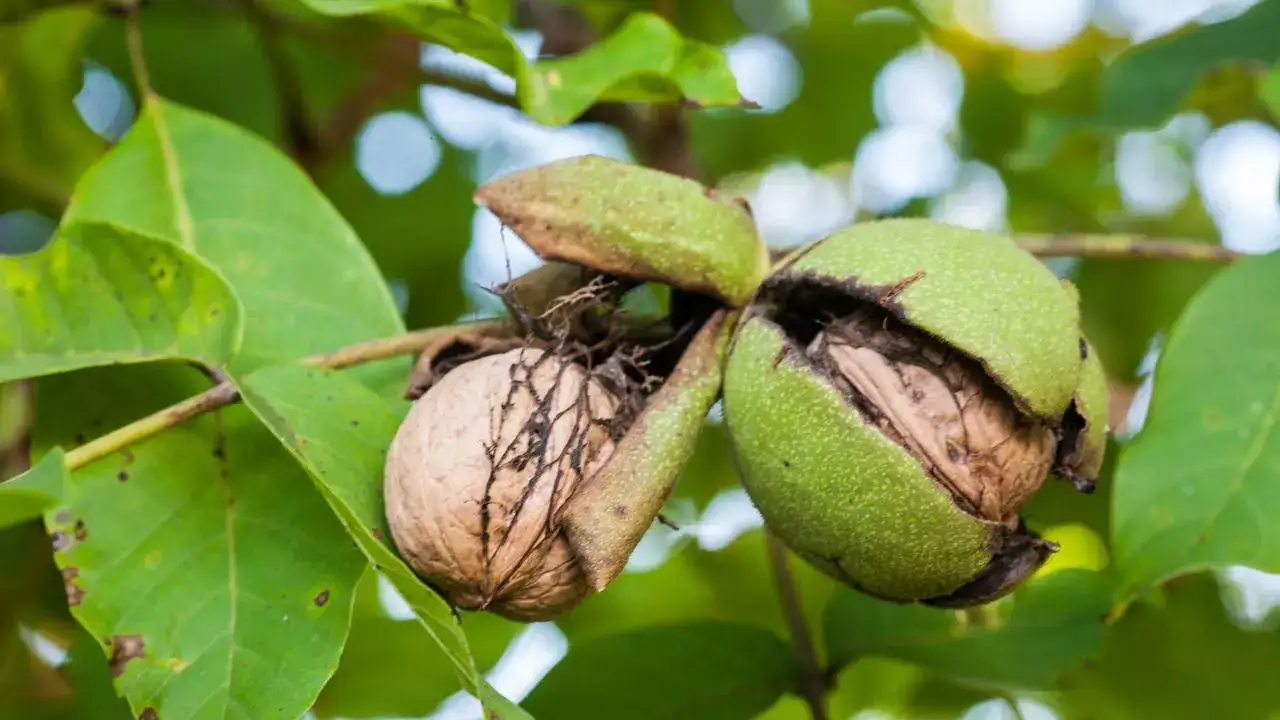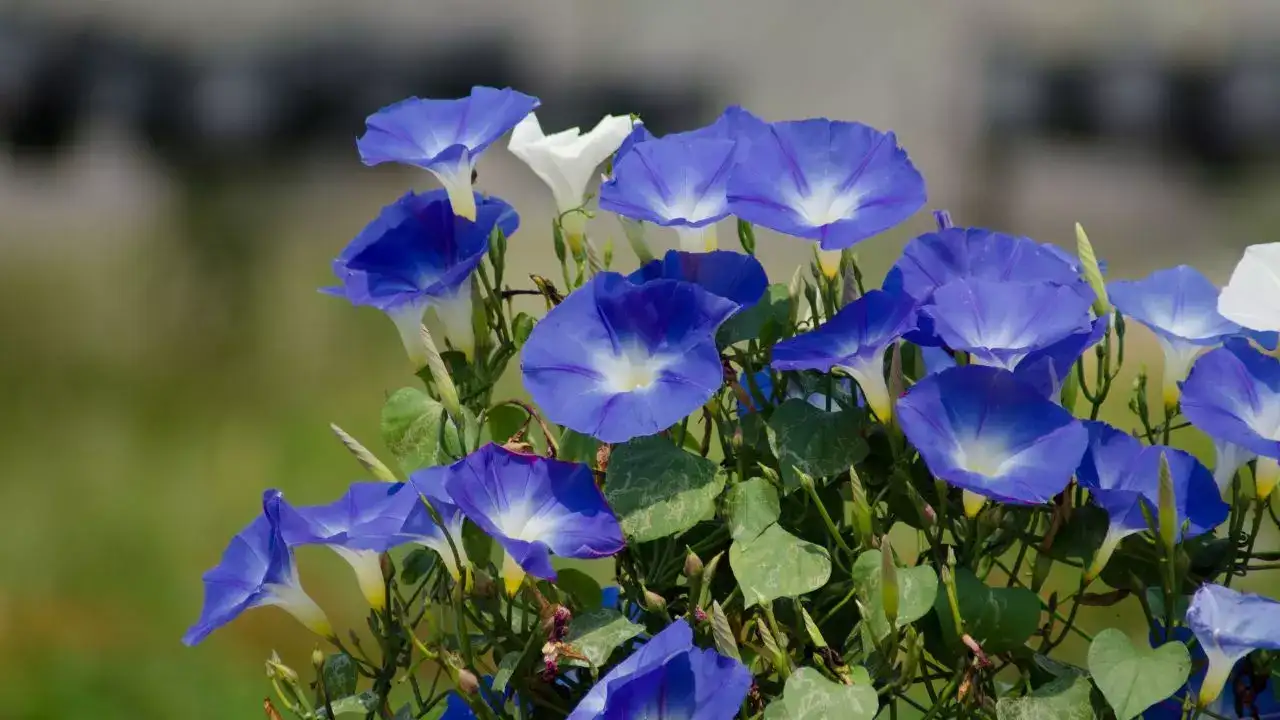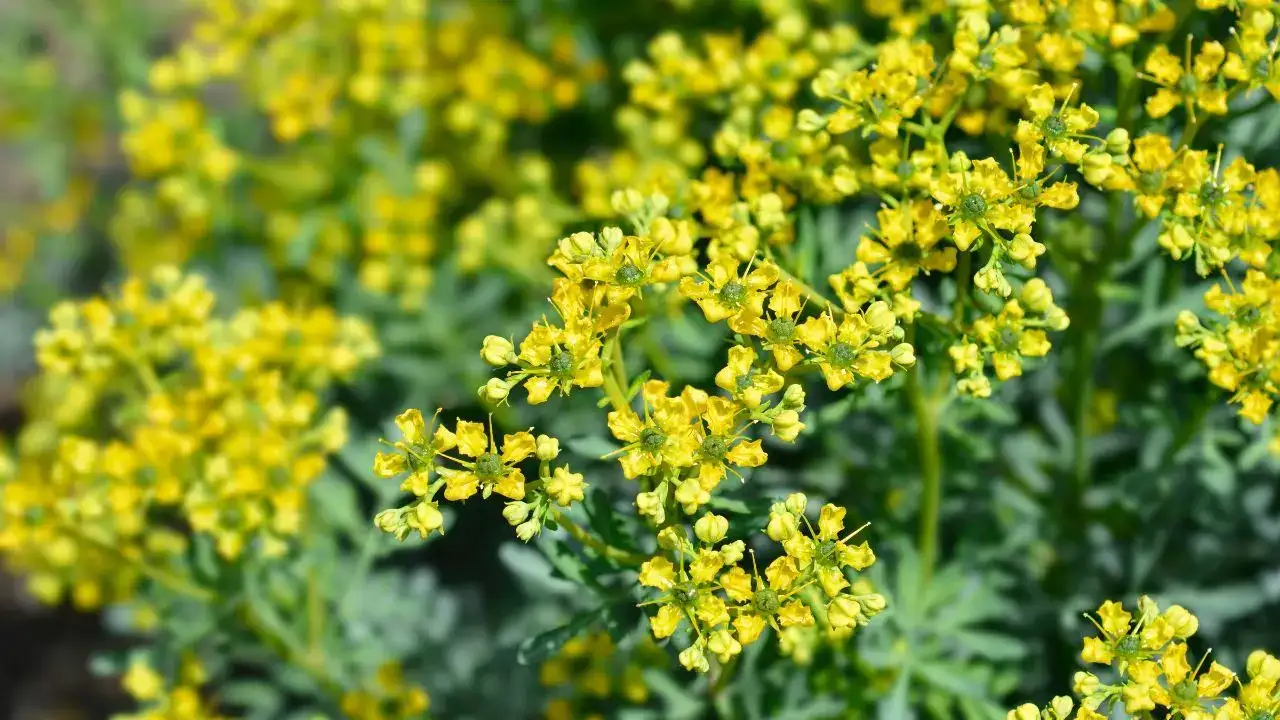thriving vegetable garden isn’t just about planting the right crops, it’s also about avoiding the wrong ones. Some plants, while attractive or useful elsewhere, can silently sabotage your garden by spreading aggressively, releasing toxic chemicals, or outcompeting your vegetables for nutrients and sunlight. From invasive herbs like mint and fennel to allelopathic trees like black walnut and Tree of Heaven, these garden misfits can reduce yields, stunt growth, and attract pests. Knowing which plants to keep out is essential for a healthy, productive garden. This guide highlights ten plants you should never plant near your vegetables and why.
Garden plants to avoid if you want healthy vegetables and high yields
Mint

Mint is loved for its aroma and culinary uses, but it is extremely aggressive in garden beds. Its underground rhizomes spread rapidly, crowding out vegetables and competing for water, sunlight, and nutrients. Even small root fragments can regrow, making it nearly impossible to remove once established. To enjoy mint safely, grow it in containers far from your vegetable beds. This prevents it from taking over and ensures your other crops have the resources they need to thrive.
Fennel

Fennel may seem like a great herb, but it releases allelopathic chemicals that hinder the growth of many vegetables, including tomatoes, beans, and peas. It doesn’t benefit from companion planting and can poison the soil around it, creating a hostile environment for nearby crops. If you wish to grow fennel, give it its own dedicated space, well away from your other vegetables, to avoid stunted growth and crop loss.
Black walnut trees

Black walnut trees produce a chemical called juglone, which is toxic to numerous plants, particularly nightshades like tomatoes, peppers, potatoes, and eggplants. The toxin is present in the roots, leaves, and husks, and can leach into the soil or spread through rainwater runoff. Vegetables in juglone-contaminated soil may wilt, yellow, or die unexpectedly. To protect your garden, plant as far as possible from black walnut trees or use raised beds with barriers.
Bamboo

Bamboo spreads rapidly via underground runners, making it highly invasive. Its roots compete aggressively for nutrients and water, while its dense growth casts shade over sun-loving vegetables. Even clumping varieties can eventually overtake garden space. To enjoy bamboo’s aesthetic without harming crops, grow it in heavy-duty containers far from vegetable beds, preventing it from taking over.
Morning glory

Morning glories are visually striking but can smother vegetable plants with their fast-growing vines. They wrap around stems, reduce sunlight, and limit airflow, which can damage crops. Additionally, morning glories reseed easily, making them a persistent garden nuisance. Keep them in a separate flower bed to avoid their entangling growth from affecting your vegetables.
Rue

Rue is an herb with historical medicinal uses, but it produces compounds that inhibit the growth of neighboring plants such as basil and sage. It can also cause severe skin irritation when touched in sunlight, posing a risk to gardeners. While it may repel some pests, rue’s negative impact on other plants and people makes it unsuitable for vegetable gardens. Grow it only in a secluded area, away from edible crops.
Sunflowers

Sunflowers attract pollinators but can harm nearby vegetables. They require significant water and nutrients, making them strong competitors for resources. Some sunflowers release allelopathic substances that prevent other plants from germinating, and their large leaves can shade sun-loving vegetables. Plant sunflowers at the garden’s edge to benefit pollinators without compromising your harvest.
Horseradish
Horseradish has hardy, aggressive roots that can dominate garden soil. Even a small leftover root piece can regrow into a full plant, making eradication difficult. It competes for nutrients and space, crowding out vegetables. Grow horseradish in a large container or isolated area to prevent it from taking over your edible beds.
Wormwood
Wormwood can deter pests, but it is highly allelopathic, releasing chemicals that suppress the growth of vegetables such as carrots, beans, and peas. Even small amounts of leaf litter can inhibit nearby crops. Keep wormwood far from vegetable beds to avoid its toxic impact on soil and plant growth.
Tree of Heaven
Tree of Heaven grows quickly and produces allelopathic chemicals that poison the soil. It attracts pests like the spotted lanternfly, damages crops, and has invasive roots. Its sap is sticky, and seedlings sprout aggressively, making it a major threat to gardens. Removing it completely is the safest way to protect your vegetable beds.A successful vegetable garden depends as much on what you avoid planting as what you grow. The ten plants listed above can outcompete, poison, or smother your crops, reducing yields and increasing frustration. To maintain a productive garden, select companion plants that support your vegetables, such as marigolds for pest control, basil for flavor, or legumes for nitrogen fixation. Creating a balanced, supportive environment ensures healthier plants, richer soil, and a harvest worth celebrating. Avoid these troublemakers, and your garden will thrive.Also Read: 9 plants you should never transplant as seedlings: Why starting from seed always wins











